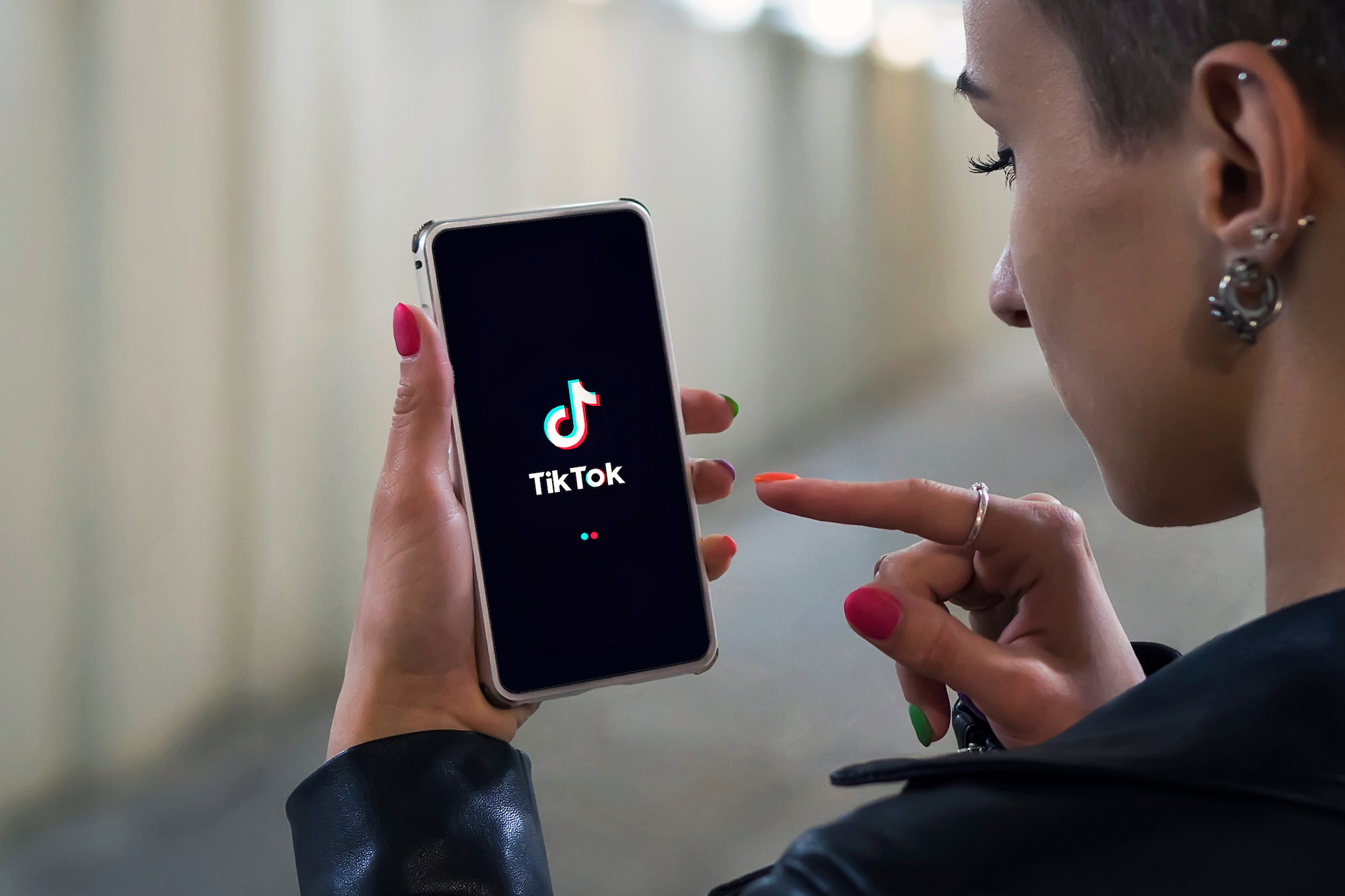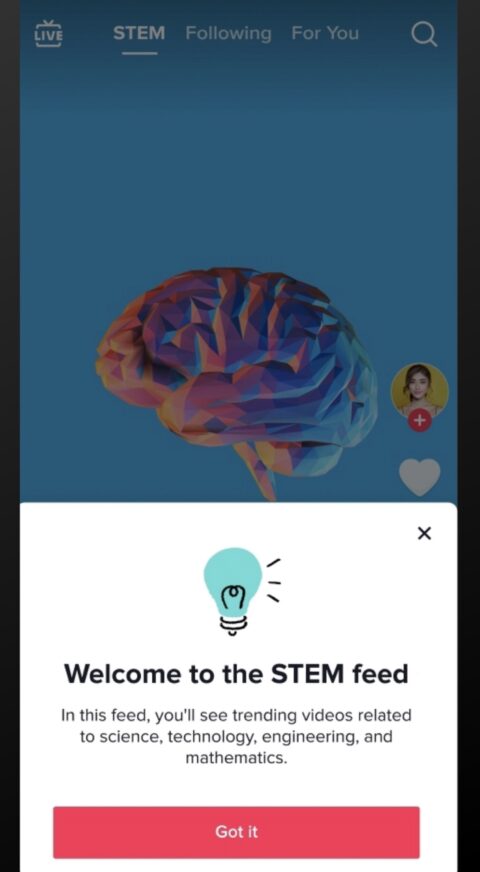TikTok Introduces STEM Feed: Safe, Educational Content For Teens via @sejournal, @kristileilani
Learn more about the STEM feed coming to TikTok users in March and explore the differences between TikTok and Douyin, China's version of TikTok. The post TikTok Introduces STEM Feed: Safe, Educational Content For Teens appeared first on Search...

To make TikTok more valuable to its users and celebrate Pi Day (3.14), it announced the release of a new feed dedicated to STEM – Science, Technology, Engineering, and Mathematics topics.
This will appear alongside the Following and For You feeds available when you log into your TikTok account.
TikTok STEM Feed Vs. STEM Hashtags
Users can find billions of STEM-related videos on TikTok using #STEM and related hashtags. But like any hashtag, #STEM and related hashtag results include any video that has added a STEM hashtag to the description. TikTok creators can include a STEM-related hashtag in any video, regardless of whether the content is actually about STEM topics or is factually accurate.
On the other hand, the new STEM feed will be reviewed by TikTok partners Common Sense Networks and Poynter.
Common Sense Networks will evaluate the content to ensure it is appropriate for teens and not harmful to their social, emotional, or cognitive development. Poynter will evaluate STEM content for factual accuracy, ensuring that what users will learn will help them further their STEM studies.
 Screenshot from TikTok, March 2023
Screenshot from TikTok, March 2023
The new STEM feed will only contain videos that pass both checks, making it safe for students to utilize the information for educational purposes.
The new STEM feed is set to launch in the US in March.
Why Would TikTok Launch A STEM Feed?
The new STEM feed feature comes after speculation that TikTok is utilizing its algorithm to push propaganda and misaligned information to specific audiences, leading legislators to draft a bill called the RESTRICT Act. This would allow them to review technology from certain countries to ensure it does not threaten national security.
Numerous reports also note the differences between content shown to TikTok audiences in the US and Douyin audiences (China’s version of TikTok).
Videos promoted to teen audiences on Douyin focus more on educational and patriotic content, including science experiments and virtual museum visits. Douyin excludes videos containing pranks, superstitions, and entertainment venues for its teen audiences.
What could be the potential impact of this kind of targeting in the long run?
Lego surveyed 3,000 pre-teens in the US, UK, and China, asking what career they wanted to pursue when they grew up. A third of the respondents aspired to be vloggers/YouTubers.
Half of the respondents in China aspired to be astronauts.
STEM-focused content for younger audiences in the US could help turn the trend, encouraging more teens to focus on their studies rather than aspiring to be social media influencers. This is important, considering that only 20% of content creators earn livable wages.
Douyin also enforces a maximum of 40 minutes per day for younger audiences to prevent users from becoming addicted to social media. Time-limiting features exist for TikTok users, but they are optional.
As with any social network, parents in the US should take the time to communicate with their teens about the content they are viewing. TikTok offers a guide for guardians to learn more about the ways they can manage their teens’ activity on TikTok to ensure it won’t have a negative impact on their lives.
Featured Image: diy13/Shutterstock

 ValVades
ValVades 
























.png?trim=0,0,0,0&width=1200&height=800&crop=1200:800)






